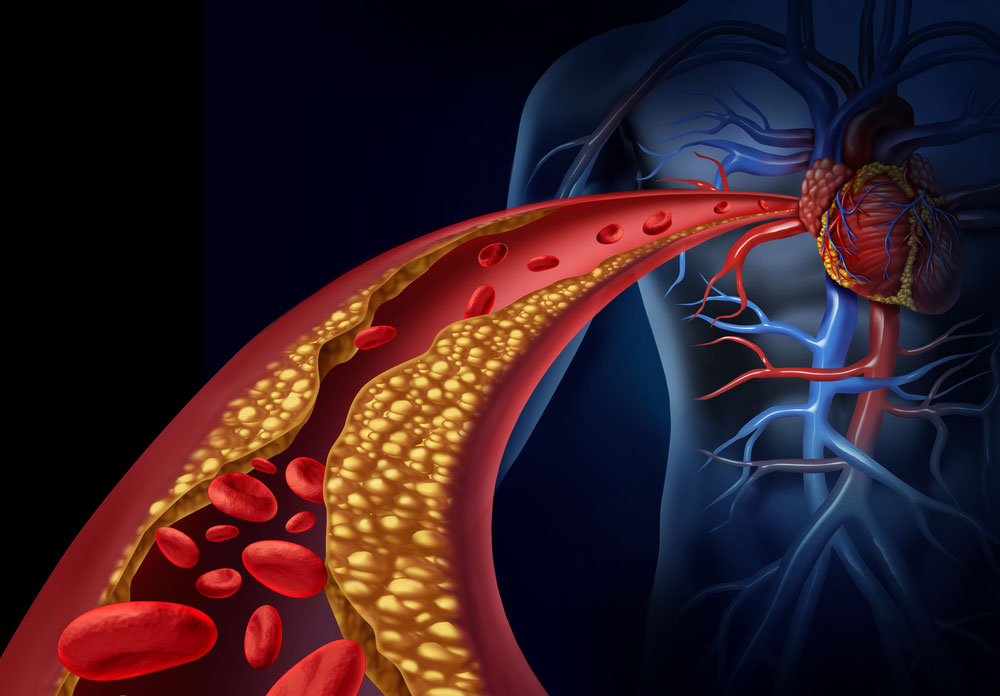facial and nasal cavities, and cognitive deficiencies.
Secondary effects of CUD that could also cause or aggravate existing vascular diseases include increased exposure to infections that compromise the immune and inflammatory systems, accelerated aging of the vasculature, poor nutrition, and lack of sleep.
The authors of the study suggested that there has been a proliferation of vascular disease among individuals with CUD and that including cocaine use as a risk factor in clinical guidelines for arterial, cerebrovascular, cardiovascular and other types of complex vascular diseases would be an effective harm-reduction strategy that would target the vulnerable and aging population struggling with CUD.
Their recommendations and findings are particularly relevant considering the fact that recent research has shown that cocaine is a more addictive substance than most believe it is, thus developing a CUD may happen more often and to more people than expected.
Physicians and specialists treating cocaine addiction “should consider preventive treatment for vascular damage in cocaine users,” the authors concluded. “Hopefully this will reduce severe impairment and sudden premature mortality.”
















